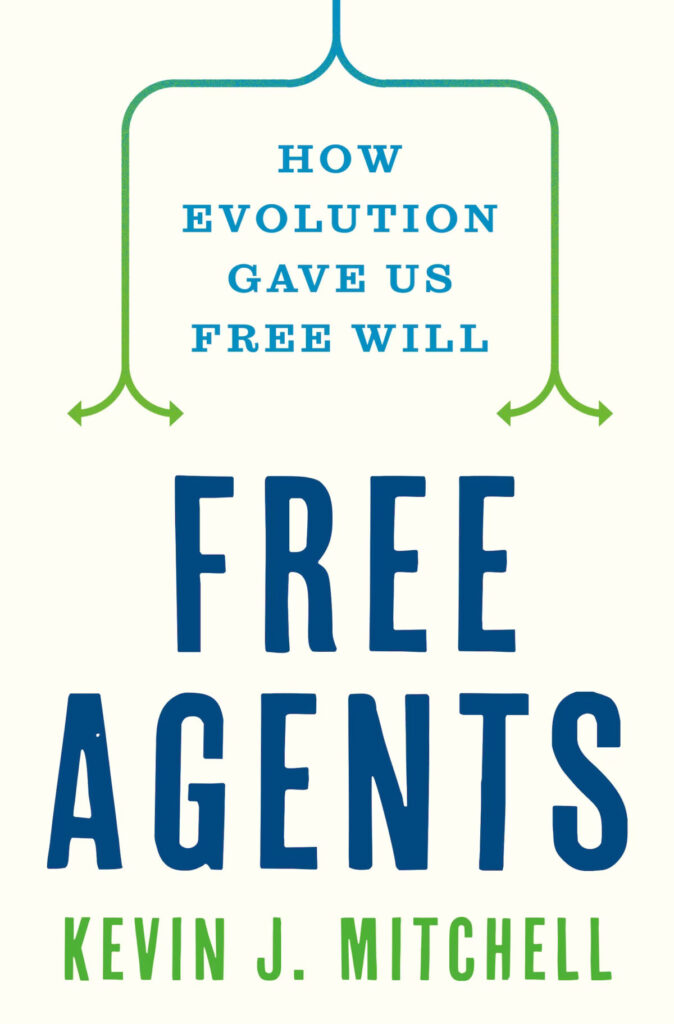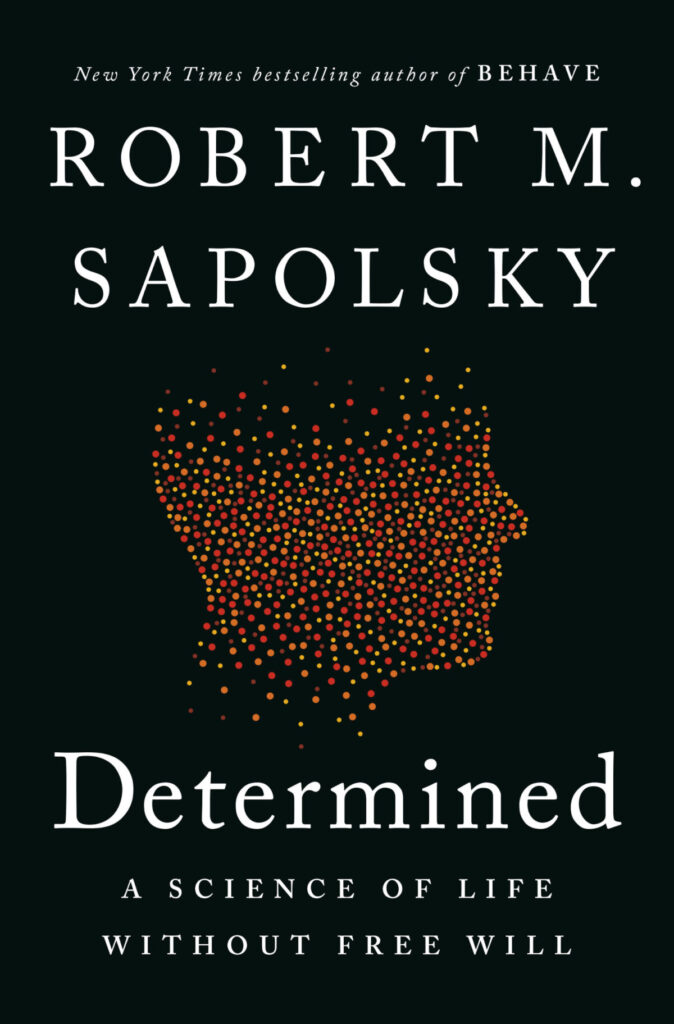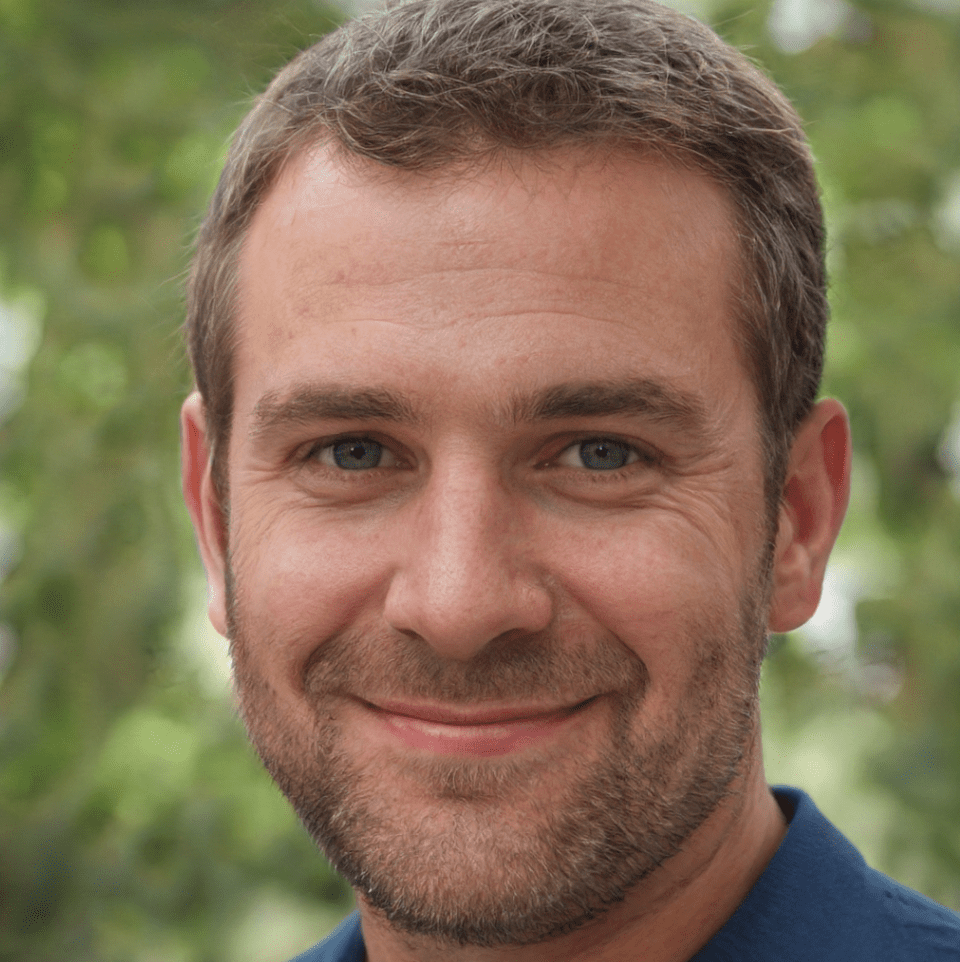Politics
Two New Books Explore the Existence of Free Will and Its Implications
 courtesy of truthdig.com
courtesy of truthdig.com
What if our actions are not driven by free will, but rather by physical forces beyond our control? This thought-provoking question is at the heart of two new books that delve into the concept of free will and its impact on our society. "Free Agents: How Evolution Gave Us Free Will" by Kevin J. Mitchell and "Determined: A Science of Life Without Free Will" by Robert M. Sapolsky use the tools of science to examine whether humans truly possess free will and how that belief shapes our understanding of morality and responsibility.
The Evolutionary Argument: Do Humans Have Partial Free Will?
In "Free Agents," Mitchell takes an evolutionary approach, tracing the development of agency and metacognition in living organisms. He argues that humans, like other creatures, possess at least partial free will as a result of evolution. Mitchell suggests that our ability to make decisions, think about those decisions, and understand our own thought process is an inherent aspect of the physical laws of the universe.
The Illusion of Free Will: A Multidisciplinary Perspective
Sapolsky's "Determined" takes a different stance, exploring the idea that free will is an illusion. Drawing on neurobiology, psychology, and other fields, Sapolsky argues that our actions and choices are influenced by factors beyond our control, such as genetics, environment, and even the activity of our brains. He dismantles claims of free will through a multidisciplinary approach, challenging the notion that humans possess conscious, rational control over their actions.
From Determinism to Chaos Theory: Examining the Debate
Both authors grapple with the concept of determinism, the idea that all events are predetermined based on physical laws. While Mitchell acknowledges that humans are shaped by evolution and genetics, he believes that we still have moral responsibility for our actions. Sapolsky, on the other hand, argues that our lack of control over factors such as DNA and brain functioning undermines the notion of free will.
Sapolsky also delves into chaos theory and quantum physics, exploring the potential for unpredictability in the universe. However, he concludes that even these concepts do not support the existence of free will.
The Implications for Society
The question of free will has significant implications for our justice system and societal norms. Sapolsky suggests that abandoning the belief in free will can lead to a more forgiving and compassionate society. He argues for reimagining our criminal justice system to focus on quarantine rather than punishment for dangerous individuals.
Mitchell, on the other hand, believes that praising achievements and punishing wrongdoing is still necessary, as he sees free will as an integral part of our human experience.
 courtesy of truthdig.com
courtesy of truthdig.com
Ultimately, these books challenge our long-held beliefs about free will and its role in shaping our behavior and society. Whether you agree with Mitchell's evolutionary perspective or Sapolsky's multidisciplinary argument, these thought-provoking works will make you reconsider the nature of human agency and moral responsibility.

Hello there! I’m Jeremy Ramirez, your go-to guy for all things content marketing and social media at NewsScroller. Currently residing in the vibrant city of Omaha, NE, I’m living my dream of combining my passion for journalism with the dynamic world of digital media.
I’m a proud graduate of the University of Nebraska, where I honed my skills and earned a degree in journalism. My college days were filled with endless learning, coffee-fueled study sessions, and the excitement of discovering the power of storytelling.
Post-graduation, I found my calling at NewsScroller, where I currently lead a team of creative minds in shaping compelling content strategies. Every day is a new adventure here – crafting stories, analyzing trends, and engaging with our vibrant online community.
When I’m not immersed in the digital world, you’ll find me cherishing moments with my amazing wife and our two energetic boys. Our family is completed by Dagwood, our adorable Pug, who always brings smiles to our faces.
Traveling is my escape and inspiration. I love exploring new cultures, tasting local cuisines, and capturing memories through my lens. As a speaker at social media events, I enjoy sharing insights and learning from fellow enthusiasts.
Curious about content marketing strategies or the latest social media trends? Or maybe you want to exchange travel stories? Feel free to reach out. I’m always up for a chat and eager to connect with like-minded individuals. Let’s navigate the exciting world of digital media together!
Want to know more or say hi? Drop me a message anytime!

